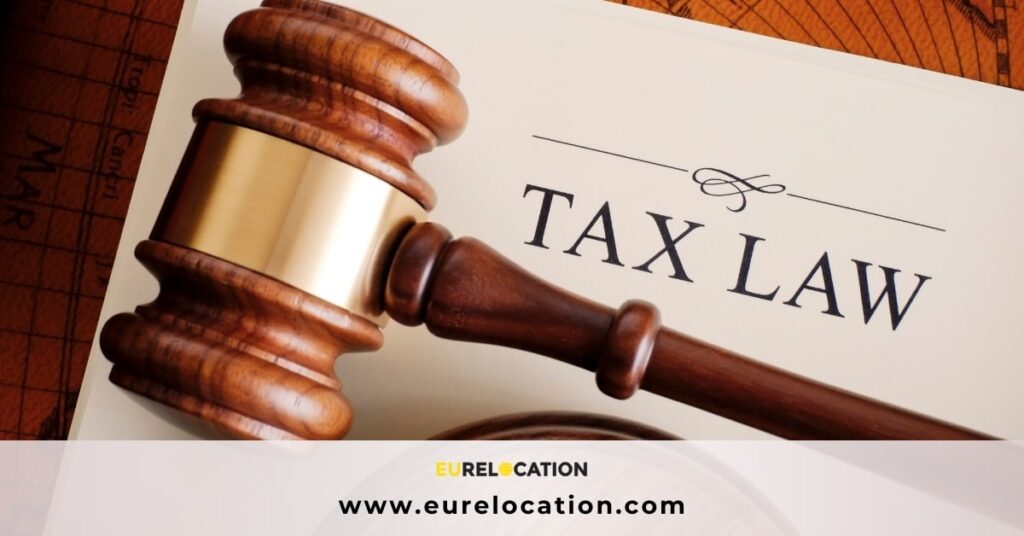Moving to Europe opens up exciting opportunities for expatriates, whether for career advancement, retirement, or a change in lifestyle. However, alongside cultural richness and scenic landscapes, expats must navigate Europe’s complex tax laws to ensure financial security and compliance. This guide dives into the specifics of European tax laws expatriates should understand, covering residency rules, income taxes, social security contributions, tax treaties, special considerations, and practical tips for planning and compliance.
Residency Rules in Europe
Understanding residency rules is crucial for expatriates moving to Europe. Each European country sets its criteria for determining tax residency, which can hinge on factors like days spent in the country, family ties, and economic interests. For instance, Spain deems individuals tax residents if they spend over 183 days there annually. Conversely, France considers those with their primary residence or economic interests within its borders as tax residents. These rules determine where expatriates pay taxes and eligibility for tax benefits and social security contributions.
Income Taxes in European Tax Laws
Income tax systems vary widely across Europe. Most countries employ progressive tax systems where higher incomes face higher tax rates. For example, Germany’s progressive tax system has rates from 0% to 45% based on income levels. In contrast, Bulgaria levies a flat 10% income tax rate. Expatriates need to grasp how their income—including wages, investment income, and rental income—is taxed in their new home, as well as any allowances or deductions available.
Social Security Contributions
Social security systems in Europe provide essential benefits such as healthcare, pensions, and unemployment benefits. Expatriates may need to contribute based on their employment and residency status. In France, for instance, employees contribute to social security, covering healthcare and pensions. Understanding these contributions is crucial for budgeting and accessing benefits during their stay in Europe.
Tax Treaties and Double Taxation
Many European countries have tax treaties to prevent double taxation. These treaties determine which country taxes certain types of income. For instance, if an expatriate earns income in both their home country and new European residence, a tax treaty dictates how it is taxed to avoid duplication. Understanding these treaties helps expatriates optimize their tax position and comply with local and international tax laws.
Special Considerations for Expatriates
Expatriates face unique tax considerations. These include exemptions for foreign income, tax credits for foreign taxes paid, and deductions for relocation costs. For instance, the Netherlands offers a 30% ruling, exempting expatriates from taxes on 30% of their income for up to five years. Expatriates should explore these opportunities to minimize tax liabilities and maximize financial benefits in Europe.
Planning and Compliance in European Tax Laws
Effective tax planning is essential for expatriates in Europe to avoid penalties and surprises. This involves understanding filing deadlines, required documentation, and consequences for non-compliance. Keeping meticulous records of income, expenses, and tax payments is crucial for accurate reporting. Seeking advice from tax professionals specializing in expatriate taxation ensures expatriates meet obligations and optimize their finances.
Being aware of European Tax Laws is crucial
Navigating European tax laws as an expatriate can be complex. However, with proactive planning and understanding of local regulations, expatriates can comply and minimize tax liabilities. Whether moving to Europe for work, retirement, or personal reasons, awareness of tax laws is crucial for financial well-being. By staying informed, seeking professional advice, and leveraging available tax incentives, expatriates can fully embrace the opportunities Europe offers while managing tax responsibilities effectively.
Living as an expatriate in Europe offers cultural immersion, professional growth, and personal enrichment. Understanding and complying with tax laws ensures financial stability and allows expatriates to enjoy Europe’s diverse experiences. With careful planning and informed decisions, expatriates can confidently navigate tax obligations in their new home.








